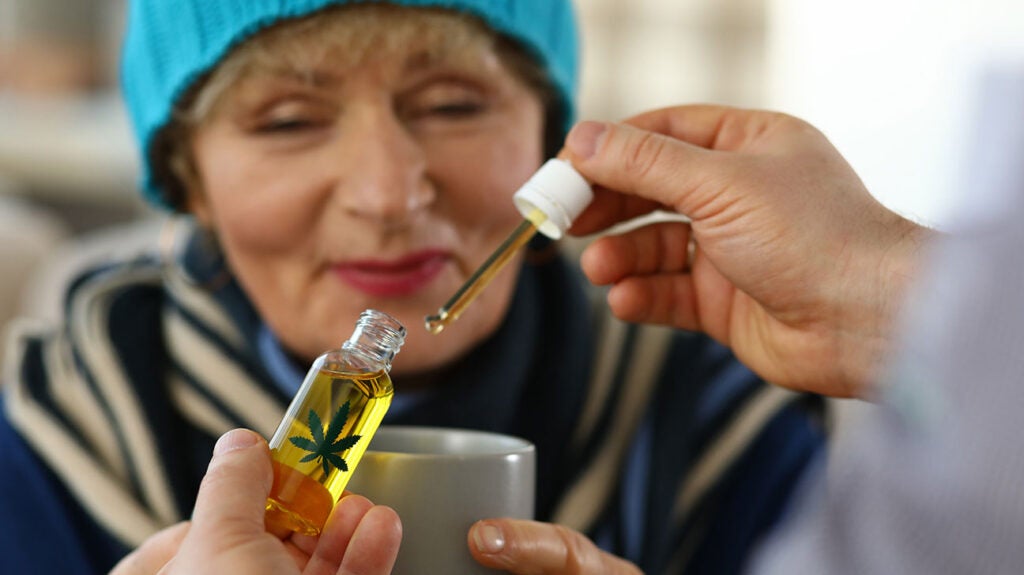
It truly is the golden age of air travel; it’s cheaper and planes are comfortable – but flying still poses risks to your health.
The biggest health hazards when flying are Deep Vein Thrombosis (DVT), constipation, breathing issues and jet lag.
Deep Vein Thrombosis
Deep Vein Thrombosis is caused by blood clotting and if left untreated, can be life threatening. DVT happens in the legs and there is a greater risk of developing the condition on long-haul flights. The elderly, pregnant women, those who are obese, those with a history of heart disease, and people who have had recent surgery are most susceptible to the condition.
Doctors recommend wearing in-flight socks or compression tights to help blood flow to your legs and heart.
Constipation
Sitting for long periods of time causes your digestive system to slow down, leaving you feeling gassy and constipated. The best option to prevent this is to move around the plane, drink plenty of water, and avoid alcohol and caffeine.
Breathing
According to the experts at House Call Doctor, the cabin pressure on board an aircraft can imitate high altitude, which can lead to shallow breathing, causing light-headedness, aching joints and concentration difficulty.
Jet Lag
Insufficient sleep affects your body and mind, and the side effects imitate the symptoms of chronic fatigue.
So how do you stay healthy on that long-haul flight?
Rest
There is little chance of a restful sleep on a plane amid all the loud passengers, in-flight announcements, and meals, so it‘s crucial to have a good night’s sleep the night before flying.
Food
Inflight meals are different to what you would eat normally so it is recommended you take with you your own heathy snacks. Just make sure you check what you can and cannot have on board.
Water
It is essential you keep your fluids up by drinking plenty of water to prevent dehydration.
Clean your space
To ensure your area is clean, wipe down tray tables, arm rests and head rests.
Go for a walk
When on board, it is imperative to encourage blood flow and to loosen muscles to prevent stiffness, pressure wounds and aching muscles. Walking is also good for preventing circulatory conditions such as DVT. You can also do simple exercises like circling your ankles or some stretching while in your seat.
Chew gum or lollies
Cabin pressure changes significantly during take-off and landing, which is what causes your ears to pop. This feeling can be painful – but chewing or yawning relieves the pressure in your middle ear, allowing air to flow freely through your eustachian tube.
Moisturise
Your lips and face can become easily dehydrated because of the recycled air and air conditioning on board. Bring with you a moisturiser and lip balm and apply liberally.




